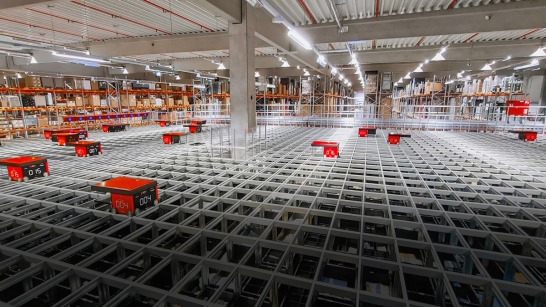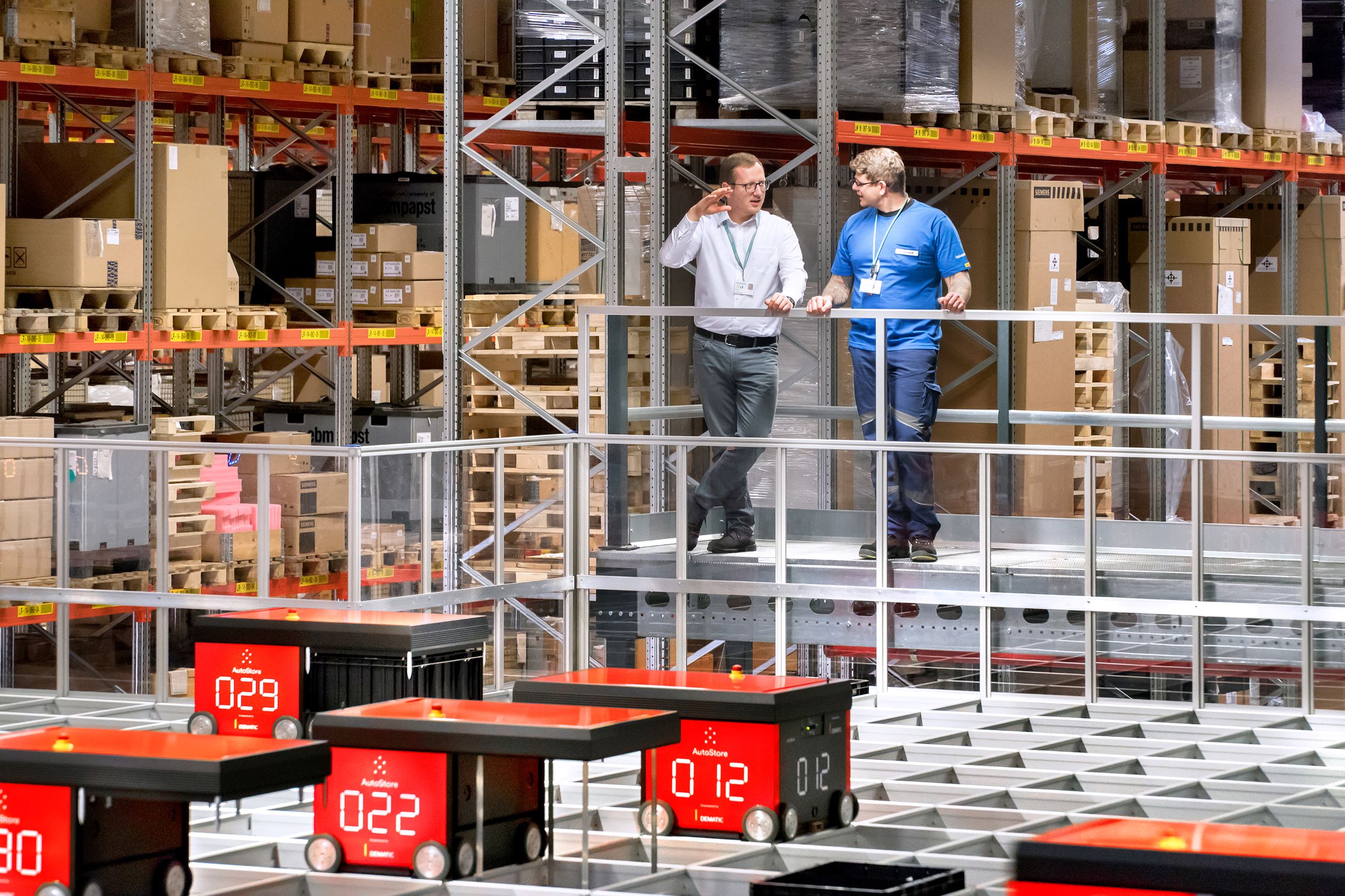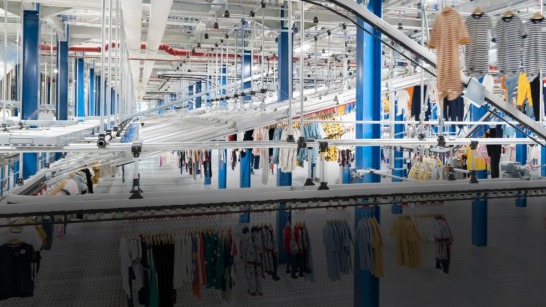
Warehouse automation by Dematic at Siemens plant
KION subsidiary Dematic has automated a small parts warehouse for the Siemens System Engineering Plant (WKC) in Chemnitz, Germany. The factory produces controlgears and customized electronic components for the global market. The factory plans more than 1,270,000 material items for the production of its applications in one year.
2021-06-29




_image_546x307.jpg)